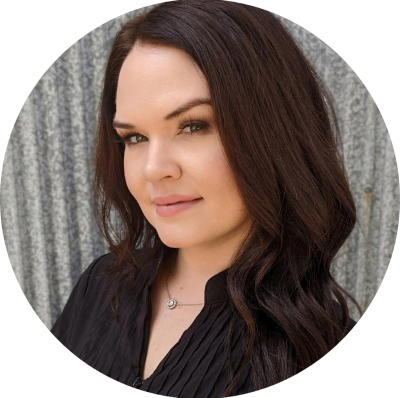Dry skin is an all too common concern that happens to everybody at some point, regardless of skin type, age, or sex. It can be incredibly frustrating, too, especially if you’re already making the effort to take care of your skin and follow a routine. Although dry skin can be the result of a variety of factors, including environmental stressors, weather, hormonal changes, and genetics, more often than not, however, dry skin is caused by using the wrong type of products. In other words, you’re either using harsh actives too often or not using moisturizing ingredients often enough.
For most of us, the obvious solution is to apply a moisturizer. But how often have you felt dry and tight and applied a heavy moisturizer only to feel just as dry a few hours later? Unless you have a chronic condition, there’s a good chance that what feels like dry skin is really just dehydrated, meaning there’s not enough water within the skin. Luckily, dry and dehydrated skin can be easily remedied with a few changes to your skincare routine — and believe it or not, it doesn’t involve adding more moisturizer.
Reasons your skin may be feeling dry even after applying a moisturizer.
You’re over-cleansing (or using the wrong formula)
The most common reason your skin feels dry even after moisturizing is that you’re over-cleansing. This can mean that you’re washing your face too often or using a type of facial cleanser that’s too harsh for your skin. While cleansing is necessary to remove makeup, dirt, and buildup, it can also remove the skin’s barrier consisting of its own natural moisturizing factors. To combat this, you can forgo your morning cleanse and only cleanse at night. You can also switch to a cleanser suited for dry and sensitive skin, such as oil or gel-based, and avoid more abrasive cleansers such as purifying, clarifying, or foaming.
You’re not using the right moisturizer
Another common reason your skin still feels dry after moisturizing is that you’re not using the right type of moisturizer. Many moisturizers are formulated to be lightweight or oil-free, especially those intended for daytime use when we’re layering them under sunscreen and don’t want to leave our skin feeling heavy and greasy. If this sounds like your moisturizer, try switching to a thicker ointment or cream, at least at night when our skin does most of its regeneration.
A good moisturizer will have a mix of humectants, emollients, and occlusives, which work together synergistically to attract moisture within the skin and soften the surface while keeping water from evaporating after the moisturizer has been applied. Commonly found humectants, emollients, and occlusives to look for in a moisturizer are glycerin, ceramides, cholesterol, fatty acids, dimethicone, allantoin, hyaluronic acid, shea butter, squalane, petrolatum, and oils.
You’re using too many actives
Have you recently incorporated a new serum or toner into your skincare routine? If so, you may also be using too many actives in your routine or simply using them too often. Actives include chemical exfoliants such as AHAs, BHAs, PHAs, vitamin C, and retinoids. These heavy-hitting ingredients work well towards fighting skin concerns but at the expense of causing dryness and dehydration to the skin when overused. You can combat this by reducing the frequency with which you apply products containing these ingredients, and you should always start slowly when first introducing them to your routine.
Final words
While this is by no means a comprehensive list of all the causes of dry skin, it’s a good place to start if your skin is still feeling dry after applying moisturizer. Sometimes the simplest things like switching out your cleanser or spacing out your products can make the biggest difference in how your skin feels and looks!
Read next: 9 Best Oil-Based Moisturizers for Dry and Sensitized Skin





